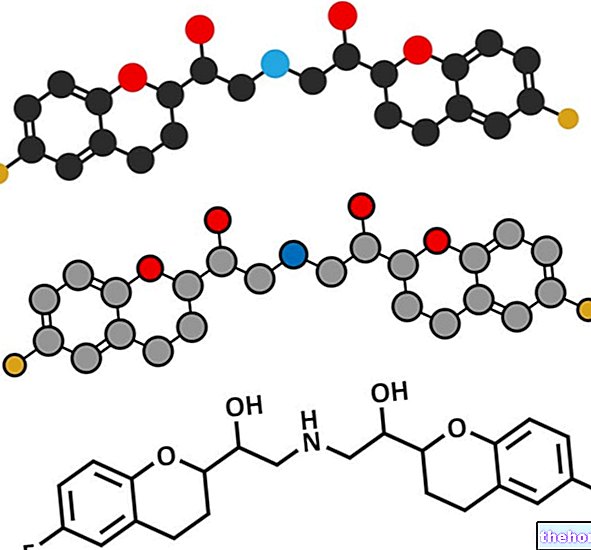
What is Xgeva - denosumab?
Xgeva is a solution for injection that contains the active substance denosumab. It is available in single-use vials containing 120 mg of denosumab.
What is Xgeva used for - denosumab?
Xgeva is used for the prevention of skeletal complications in adults with solid tumors spread to the bone. These complications include fractures, spinal cord compression (where the bone compresses the spinal cord) or complications that require radiotherapy or surgery.
The medicine can only be obtained with a prescription.
How is Xgeva used - denosumab?
Xgeva is administered once every four weeks as a single subcutaneous injection (120 mg) into the thigh, abdomen or upper arm. Patients should receive supplemental calcium and vitamin D during treatment with Xgeva.
How does Xgeva - denosumab work?
The active substance in Xgeva, denosumab, is a monoclonal antibody. A monoclonal antibody is an antibody (a type of protein) developed to recognize and attach to a specific structure (the antigen) in the body. Denosumab was designed to bind to an antigen called RANKL which is involved in activating osteoclasts, the body's cells responsible for breaking down bone tissue. By binding to the antigen and inhibiting its action, denosumab reduces osteoclast formation and activity. This in turn limits bone loss, making fractures and other serious skeletal complications less likely.
How has Xgeva been studied - denosumab?
The effects of Xgeva were first tested in experimental models before being studied in humans.
Xgeva was compared with zoledronic acid (another medicine used to prevent complications of the skeletal system) in three major studies involving patients with bone metastases from different types of cancer.The first study involved 2,046 patients with breast cancer. The second study involved 1,901 men with prostate cancer who had failed to respond to hormone therapy. The third study involved 1,776 patients with advanced solid tumors in various parts of the body, excluding breasts and prostate, or with multiple myeloma (a cancer of the bone marrow).
All studies looked at the risk of having a first "skeletal event" (such as a fracture, spinal cord compression, or episode requiring radiation therapy or surgery) over the study period, measuring the time interval elapsed until the onset of this event.
What benefit has Xgeva - denosumab shown during the studies?
Xgeva was shown to be effective in delaying a first skeletal event in the subjects involved in the studies. In the first and second studies, Xgeva reduced the risk of developing a first event of this kind by 18% compared to zoledronic acid. . In the third study, the reduction in this risk was 16% compared to zoledronic acid.
What is the risk associated with Xgeva - denosumab?
The most common side effects with Xgeva (seen in more than 1 in 10 patients) are dyspnoea (difficulty in breathing) and diarrhea. For the full list of side effects reported with Xgeva, see the package leaflet.
Xgeva must not be used in people who may be hypersensitive (allergic) to denosumab or any of the other substances.It should also not be used in people with severe, untreated hypocalcaemia (blood calcium levels below normal).
Why has Xgeva - denosumab been approved?
The CHMP noted that there is a need for effective new treatment of skeletal diseases associated with advanced cancers, especially in patients with kidney problems, because currently available therapies may be toxic to the kidneys. The Committee considered that. the efficacy of Xgeva in the prevention of skeletal events has been demonstrated and that the medicine is less toxic to the kidneys and easier to administer than other treatments. However, overall survival rates have been recorded in multiple myeloma. and disease progression (the length of time before the disease got worse) in patients treated with Xgeva compared to those treated with zoledronic acid; therefore, the Committee decided that the risks of the medicine outweigh its benefits for this group of patients. The CHMP decided that Xgeva's benefits are greater than its risks in patients entities with solid tumors and recommended the granting of a marketing authorization for this medicinal product.
Other information about Xgeva - denosumab
On 13 July 2011, the European Commission issued a "Marketing Authorization" for Xgeva, valid throughout the European Union.
For more information about Xgeva therapy, please read the package leaflet (included with the EPAR) or contact your doctor or pharmacist.
Last update of this summary: 06-2011.
The information on Xgeva - denosumab published on this page may be out of date or incomplete. For a correct use of this information, see the Disclaimer and useful information page.



























